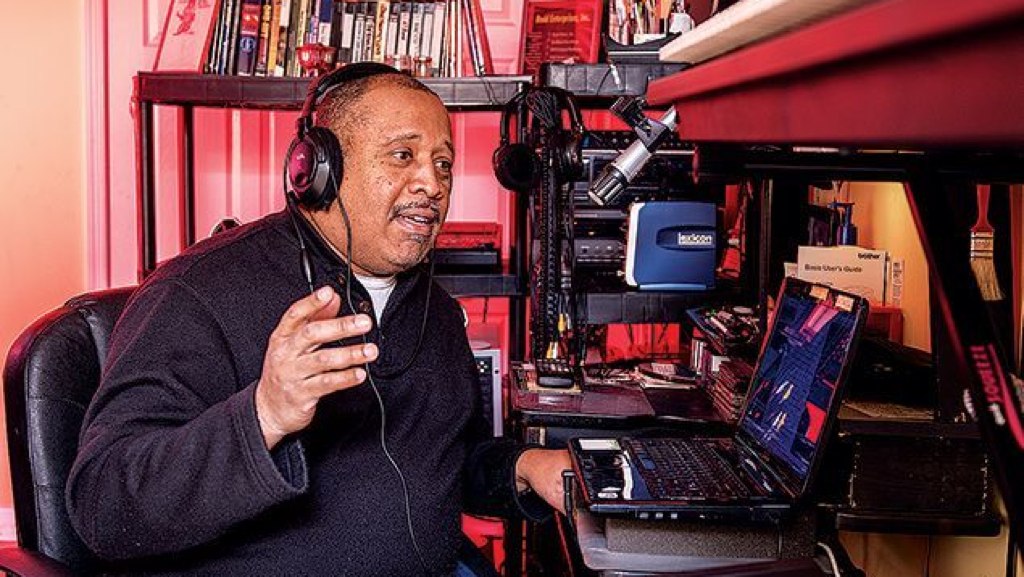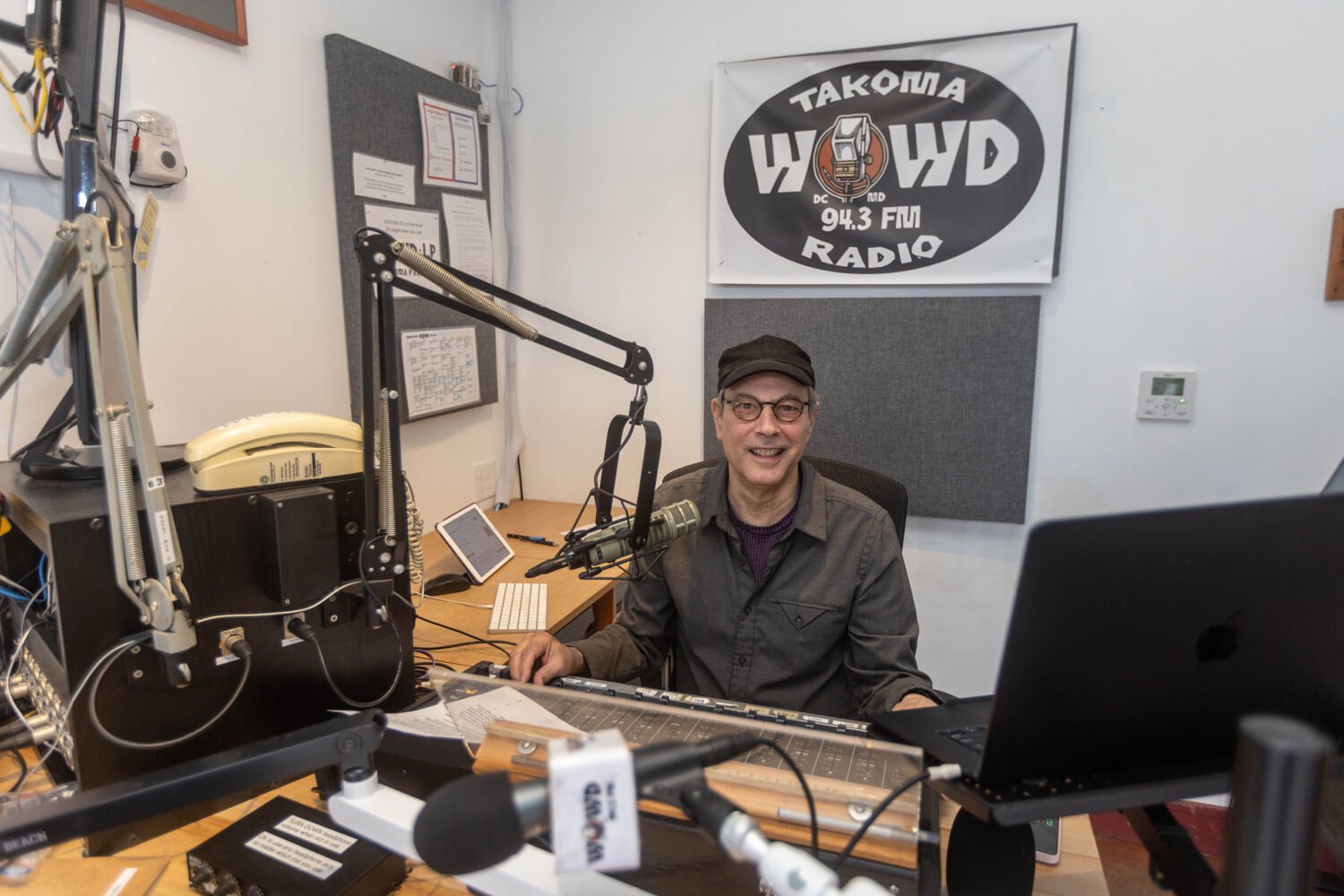Prospects for a new D.C. radio station look shaky after a rift between its would-be founders, whose squabbling led to the Federal Communications Commission barring them from the airwaves.
The station planned to air news and talk shows, funk, R&B, and local music at 103.1 FM, hosted by volunteers and aimed at black listeners. It got its call letters, WOOK, from a DC soul station of the ’70s.
Its relatively weak broadcast signal would have limited its reach to northeast DC and the Maryland suburbs. Hundreds of these low-power FM (LPFM) stations are getting on the air around the country, the successful applicants in a 2013 FCC opening for nonprofit organizations.
The FCC created low-power FM in 2000, but for years limitations imposed by Congress kept LPFMs out of bigger cities where radio spectrum is harder to come by. Those restrictions were loosened in 2010, enabling low-power stations in the D.C. area. One LPFM in Arlington is already broadcasting; another in Takoma Park is gearing up to launch this summer.
WOOK would have been the only LPFM within DC limits. But now it may be silenced even before its first broadcast. Local broadcaster William Tucker got a permit from the FCC to start broadcasting. He ran into a challenge from corporate broadcaster Radio One, but in the end, he and the nonprofit he teamed up with may have been their own worst enemies.
The FCC revoked WOOK’s permit May 10, scuttling the station’s shot at broadcasting. The problem was Tucker’s arrangement with Sincere Seven, a nonprofit that advocates for workers’ rights. Though Sincere Seven filed the application for the station, Tucker intended to control it — making the nonprofit “merely a ‘front’” for Tucker, according to the commission.
That’s an FCC no-no. A sponsorship agreement between Tucker and Sincere Seven “was effectively an agreement to cooperate in prosecuting a false FCC application,” the decision added. And that wasn’t the end of it. WOOK also ran into trouble due to the prior felony convictions of Sincere Seven founder Perry Redd, an activist, songwriter, and Statehood Green Party candidate for the DC Council.
Tucker hadn’t disclosed Redd’s convictions, as the FCC requires of applicants. That could have escaped notice if it weren’t for the intervention of Radio One. The media company opposed WOOK’s application, citing potential competition for its listeners, and tipped off the commission to Redd’s 2007 convictions on drug and weapons charges.
In all, the applicants’ behavior “shows a disturbing willingness to ignore or self-servingly misinterpret Commission’s regulations and disclosure requirements … and to submit inconsistent documents to different governmental agencies,” the FCC said.
As this unfolded, Tucker and Redd were piling up paperwork in other battles. Tucker accused Sincere Seven in early 2015 of trying to wrest control of WOOK away from him. He was preparing to sue Sincere Seven, but it sued him first, alleging fraud, misusing funds and misrepresenting the nonprofit.
The case is pending in DC Superior Court. Redd also made a complaint to DC police and the IRS, and Tucker is now barred from using the WOOK name.
Tucker said he did nothing wrong. “It’s amazing, the amount of pure garbage they’ve thrown at me,” he said of Sincere Seven. “It’s been a drain, and it just torpedoed the process. There’s no other way to look at it.”
Redd plans to appeal the FCC’s decision. “We know that we can provide a community service that fills a void,” he said. “There’s a good reason why the FCC should reconsider denying us the application.”
But that could be a challenge, said Takoma Park communications attorney Michael Richards. On behalf of the low-power station Takoma Radio, Richards sent the FCC a letter asking it to sort out the WOOK mess after Radio One raised its objections.
“Appeals are tough at this point at the FCC,” Richards said. “You usually can’t submit new evidence this late in the game. That leaves you only able to claim there was an error, and some of the same people who already made the decision will be asked to weigh in.”
If the appeal fails, WOOK’s creators will be out of luck. No other nonprofits can lay claim to the frequency, as the FCC won’t be accepting applications.
As Tucker and Redd approach mediation in court, Tucker is clinging to the concept behind his station. He’s working to start a low-power AM station in Southeast DC that will carry similar programming. It won’t be called WOOK.
The two-year saga of his legal dust-ups has been “movie-worthy,” he said. “I probably need to put some murders and sex in it, but other than that, it’s got all the drama you could possibly imagine.”


















